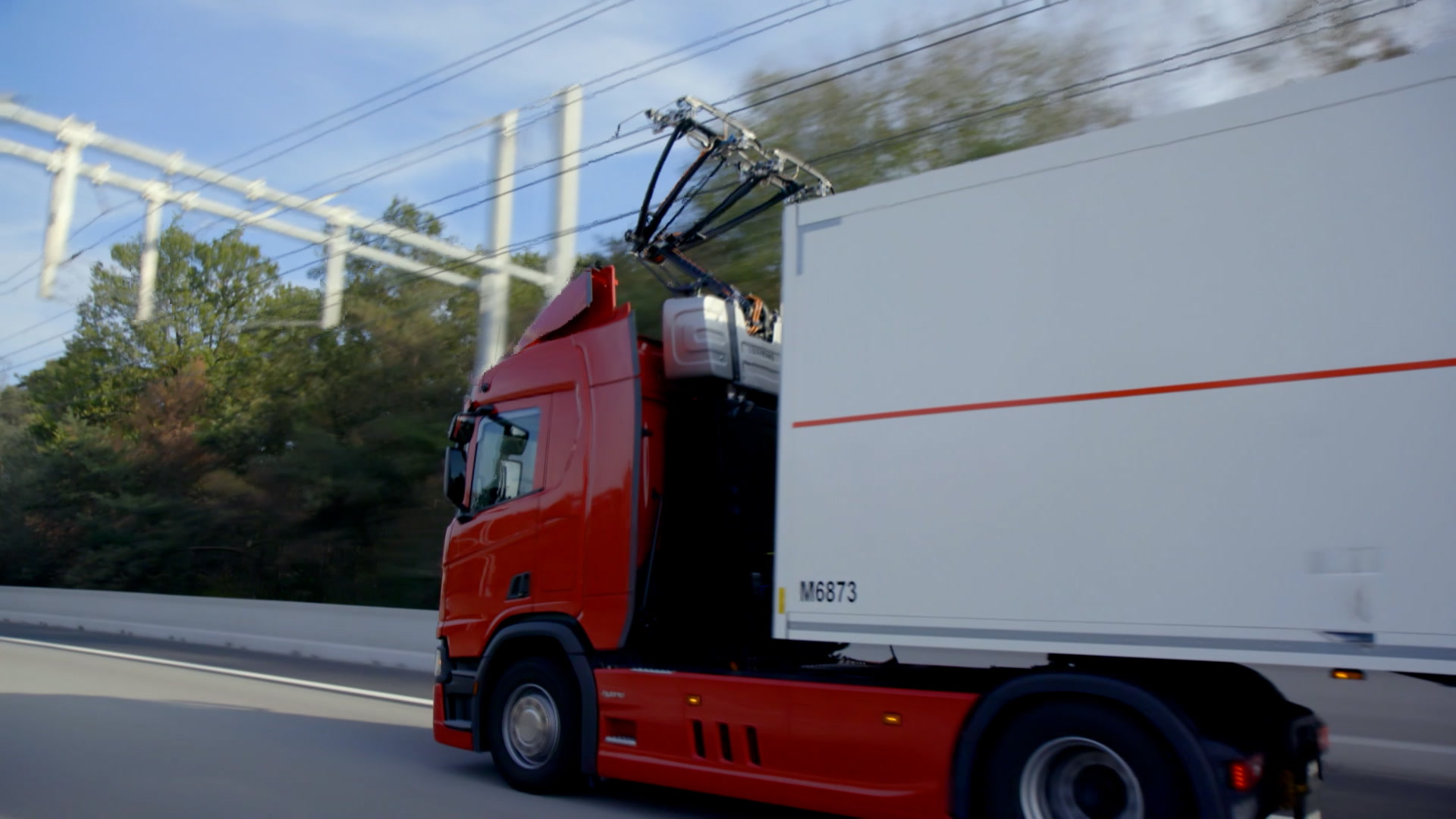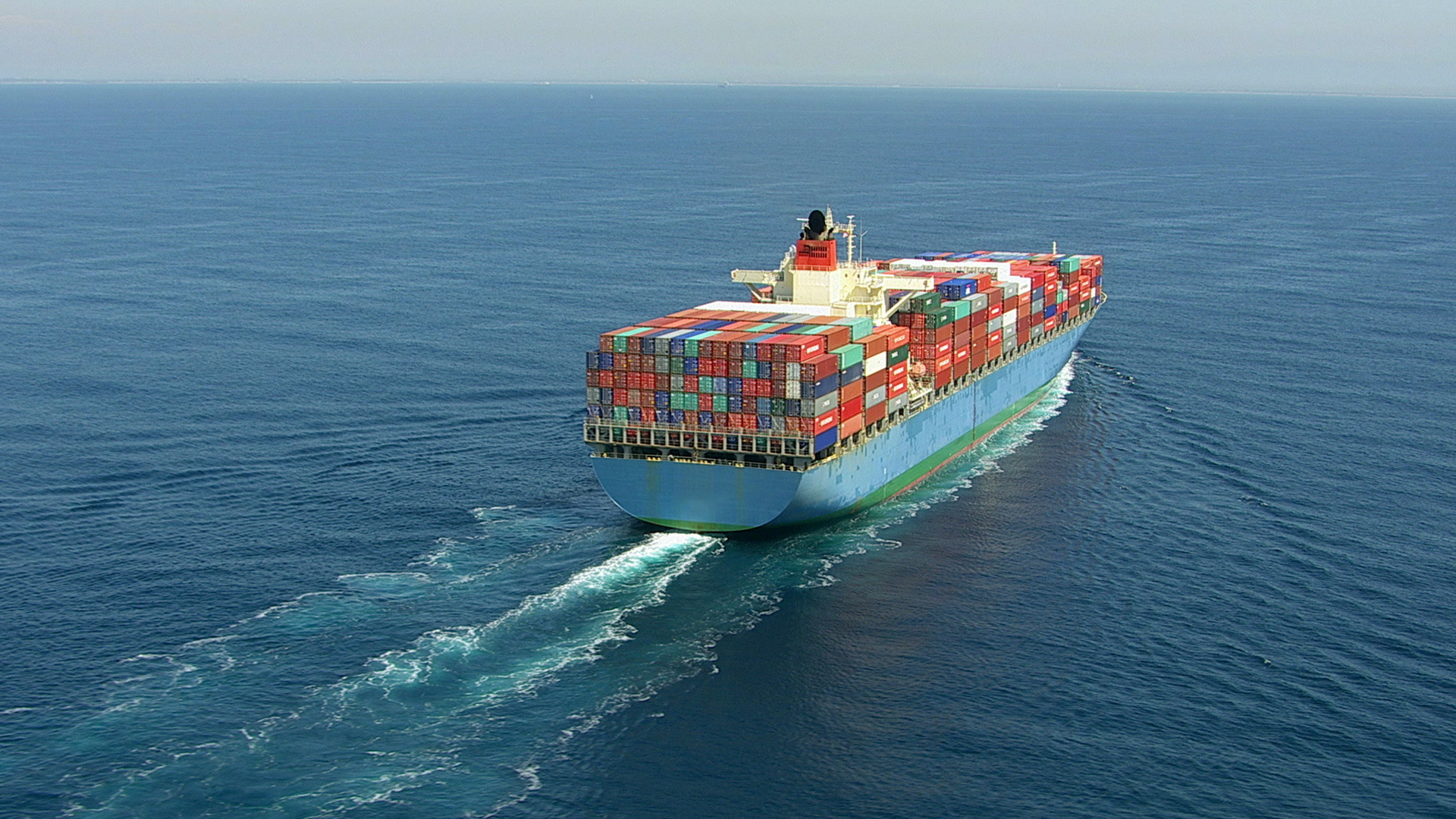Singapore is launching an on-demand bus service to cut congestion

Commuters can request pickups and drop-offs at any bus stop. Image: REUTERS/Edgar Su

Get involved with our crowdsourced digital platform to deliver impact at scale
Stay up to date:
Technological Transformation
Singapore is launching a six-month trial of an on-demand public bus service, using technology to reduce congestion and costs in what could be a model for gridlocked cities in the region.
Commuters can request pickups and drop-offs at any bus stop within a designated area through a mobile app, the Singapore Land Transport Authority (LTA) said in a statement.
The service can "optimise limited resources while offering more seamless and convenient bus journeys for commuters in areas or during timings with low or unpredictable ridership", it said.
From Los Angeles to Beijing, cities are struggling to curb traffic congestion that drains resources and productivity, and worsens pollution.
The popularity of ride-hailing services including Uber and Grab have only exacerbated the problem, even as authorities clamp down on cheaper options such as Manila's jeepneys and motorbike taxis in Kuala Lumpur.
Autonomous vehicles, underground tunnels and flying taxis have all been offered up as possible - if fantastic - solutions.
On-demand public buses already run in parts of New York and Chicago. A service in Helsinki was popular, but proved to be too costly for the city.
Singapore is different because of its high density, with 5.6 million people packed into an area smaller than the five boroughs of New York, said Walter Theseira, a transport specialist at the Singapore University of Social Sciences.
"Density always helps to make public transport economically viable," he said.
"Also, Singapore strictly regulates private transport, resulting in high costs, so private alternatives are not going to be as attractive," he said.
The cost of owning a car in Singapore is among the highest in the world.
But despite its fast expanding public transport system, there are always going to be areas where demand is not sufficient for fixed-frequency bus services, said Theseira.
So what's needed is a mix of "scheduled, high-frequency trunk services, supplemented by on-demand for lower demand routes and areas", he said.
"On-demand is not about substituting for taxis; it is about offering public transport – which people accept is more time consuming, but less costly – more efficiently", and without a heavy subsidy, he said.
Two-thirds of survey respondents this year for the 2040 Land Transport Master Plan supported "non-car-owning solutions", according to the LTA.
The initial contract for the on-demand service was awarded to United States-based Via Transportation Inc. and the local firm Ministry of Movement.
The trial will begin in select areas in December and then extended, said Jarrold Ong, co-founder of Ministry of Movement.
On-demand can even work in cities that do not have as well developed a public transport system, said Ong, who has received interest from Danang in Vietnam.
"Just as some developing countries skipped landlines and went straight to mobiles, cities can skip fixed-route buses and go straight to on-demand," he told the Thomson Reuters Foundation.
"We just need to make sure it's user-friendly for the elderly and tech non-savvy."
Don't miss any update on this topic
Create a free account and access your personalized content collection with our latest publications and analyses.
License and Republishing
World Economic Forum articles may be republished in accordance with the Creative Commons Attribution-NonCommercial-NoDerivatives 4.0 International Public License, and in accordance with our Terms of Use.
The views expressed in this article are those of the author alone and not the World Economic Forum.
Related topics:
The Agenda Weekly
A weekly update of the most important issues driving the global agenda
You can unsubscribe at any time using the link in our emails. For more details, review our privacy policy.
More on Supply Chains and TransportationSee all
Nick Pickens and Julian Kettle
April 22, 2024
Rida Tahir
April 9, 2024
Kimberley Botwright and Spencer Feingold
March 27, 2024
Andrea Willige
March 19, 2024







